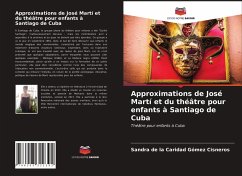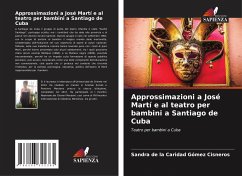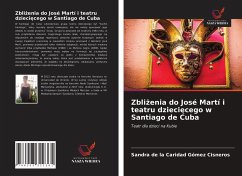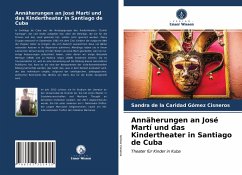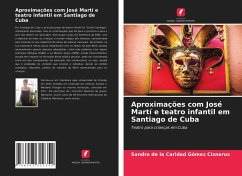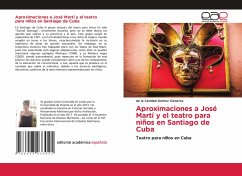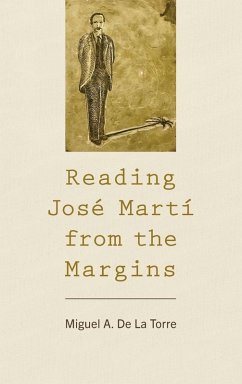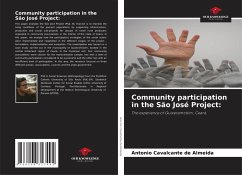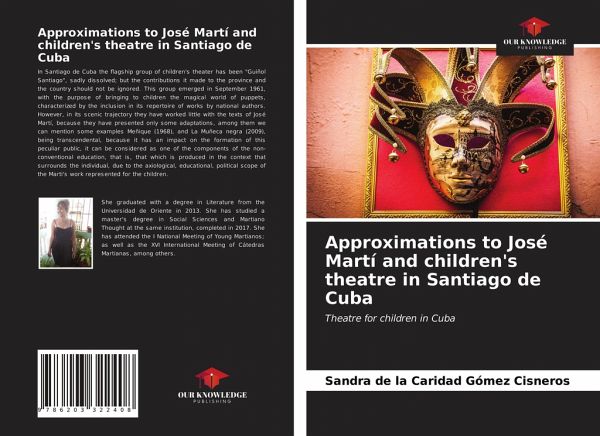
Approximations to José Martí and children's theatre in Santiago de Cuba
Theatre for children in Cuba
Versandkostenfrei!
Versandfertig in 1-2 Wochen
36,99 €
inkl. MwSt.

PAYBACK Punkte
18 °P sammeln!
In Santiago de Cuba the flagship group of children's theater has been "Guiñol Santiago", sadly dissolved; but the contributions it made to the province and the country should not be ignored. This group emerged in September 1961, with the purpose of bringing to children the magical world of puppets, characterized by the inclusion in its repertoire of works by national authors. However, in its scenic trajectory they have worked little with the texts of José Martí, because they have presented only some adaptations, among them we can mention some examples Meñique (1968), and La Muñeca negra (...
In Santiago de Cuba the flagship group of children's theater has been "Guiñol Santiago", sadly dissolved; but the contributions it made to the province and the country should not be ignored. This group emerged in September 1961, with the purpose of bringing to children the magical world of puppets, characterized by the inclusion in its repertoire of works by national authors. However, in its scenic trajectory they have worked little with the texts of José Martí, because they have presented only some adaptations, among them we can mention some examples Meñique (1968), and La Muñeca negra (2009), being transcendental, because it has an impact on the formation of this peculiar public, it can be considered as one of the components of the non-conventional education, that is, that which is produced in the context that surrounds the individual, due to the axiological, educational, political scope of the Marti's work represented for the children.



